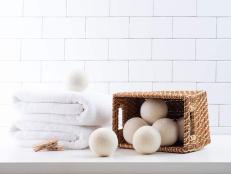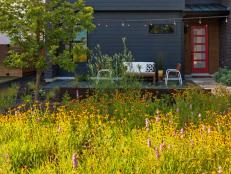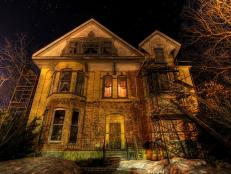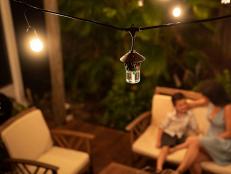Eco-Friendly Features in New and Older Homes
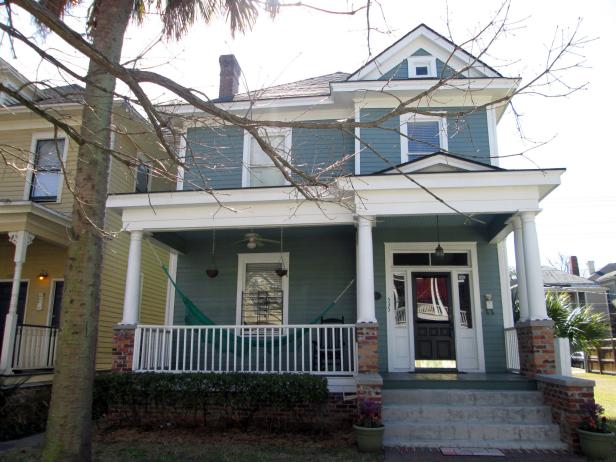
Let's say you're about to get started on your hunt for a new home. You grab a few real estate flip books and start searching for homes online.
You're imagining cork floors, recycled glass tiles in some rooms, low-flow fixtures and native plants in the yard. You might even go for a green roof. But if you're in the market for a green home, chances are you won't have much luck finding a home with the work done for you.
That means you'll need to buy a home and retrofit it with your chosen updates. But what type of home is best for eco-friendly updates: a new home or an older, existing home? Here are some pros and cons of each option:
New Homes
Pros
- Since 1994, federal standards have required toilets, showerheads and faucets to use less water than their older counterparts. A new home will automatically be more energy-efficient than one that has an ancient toilet, so you wouldn't need to update the space right away.
- Newer homes are typically built with efficient windows, so you probably won't need to make that investment.
- Today's homes come equipped with very effective insulation.
- It's debatable how "green" it is to tear out brand-new materials, even if you are replacing them with eco-friendly supplies.
Cons
- You know that new car (or new home) smell? That's the sweet smell of chemicals seeping into the air. According to the Environmental Protection Agency, the air inside conventional new homes can be 10 times more polluted than outdoor air.
- New homes are often filled with formaldehyde-containing particleboard.
- Base models of just-built homes come with low-end features, like wood laminate flooring and vinyl countertops.
Older Homes
Pros
- You get real wood floors, quality craftsmanship and architectural details that is not as common in newer homes.
- If parts of the home haven't been replaced for years or even decades, a remodel seems justified and will greatly increase the home's energy efficiency.
Cons
- Older homes usually aren't very energy-efficient. They rarely have energy-efficient windows or appliances.
- Historic homes may contain asbestos, a serious health hazard, especially during a remodeling job.







